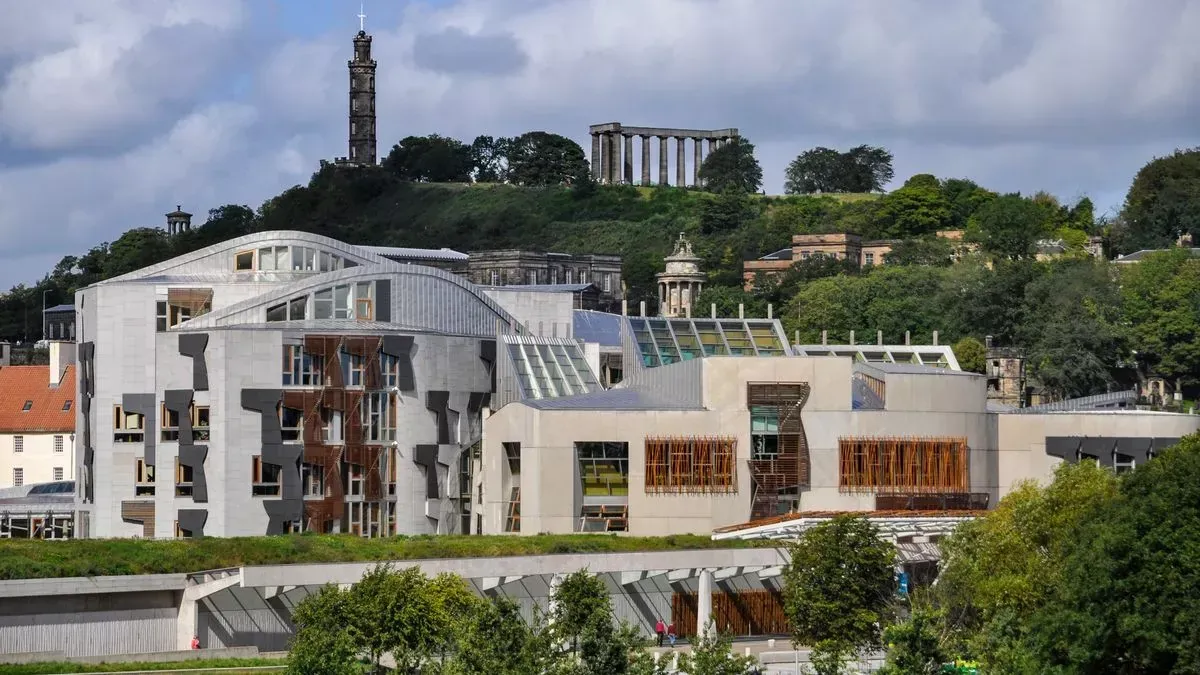SNP Faces Budget Crunch: Universal Benefits at Risk in Scotland
Scottish ministers grapple with a £1.1 billion NHS spending gap, forcing reconsideration of free prescriptions and tuition. The Scottish Fiscal Commission attributes the shortfall to government spending choices.

The Scottish National Party (SNP) administration is confronting a significant financial challenge, compelling ministers to reevaluate Scotland's universal benefits system. This development comes as the government struggles to address a substantial deficit in public finances, largely attributed to their own spending decisions.
Caroline Lamb, Chief Executive of NHS Scotland and director-general of health and social care, has disclosed a £1.1 billion spending 'gap' in her department alone. This revelation has sparked discussions about potential cuts to some of Scotland's signature "freebies," including free prescriptions and university tuition.
The Scottish Fiscal Commission (SFC), established in 2014 as Scotland's independent economic forecaster, has emphasized that the current financial pressures stem primarily from the Scottish Government's own choices. The commission highlighted that public sector pay offers have significantly exceeded ministerial budgets, contributing to the growing strain on Scotland's finances.
"We have been experiencing a worsening, overall, underlying financial deficit over a number of years."
In response to these challenges, Shona Robison, the SNP Finance Secretary, has implemented emergency spending controls and a recruitment freeze for all but essential positions. Additionally, the government has announced the reintroduction of peak-time fares for the nationalized ScotRail network, which was brought under public ownership in April 2022.
The current situation has ignited a debate about Scotland's "social contract," a concept whereby Scottish residents pay higher taxes in exchange for benefits not available in other parts of the UK. These benefits, introduced since the SNP came to power in 2007, include free prescriptions (since 2011) and free university tuition for Scottish students (since 2008).

The SFC's report also noted that the average public sector pay increase in 2023/24 was 6.5%, nearly double the 3.5% estimate provided by SNP ministers in May 2023. This discrepancy has further exacerbated the budgetary pressures.
Prof Graeme Roy, the SFC's chairman, emphasized the long-term implications of these decisions: "The past choices of the Scottish Government narrow its room for manoeuvre now and in the future."
Opposition parties have criticized the SNP's financial management. Liz Smith, the Scottish Conservatives' Shadow Finance Secretary, stated that the cuts are a result of the SNP's "waste and economic incompetence."
However, Shona Robison defended the government's position, arguing that decisions made by the UK government would "fundamentally damage our ability to deliver public services in Scotland."
The Scottish Government now faces the challenge of balancing its commitment to universal benefits with the reality of its financial situation. As MSPs prepare to return to Holyrood from their summer recess, all eyes will be on the forthcoming statement addressing these "profound financial pressures."
With the UK Budget scheduled for October 30, 2024, and projections indicating a potential £1.5 billion funding gap for social security by 2028/29, the Scottish Government's ability to navigate these fiscal challenges will be crucial in shaping the future of public services and benefits in Scotland.


































